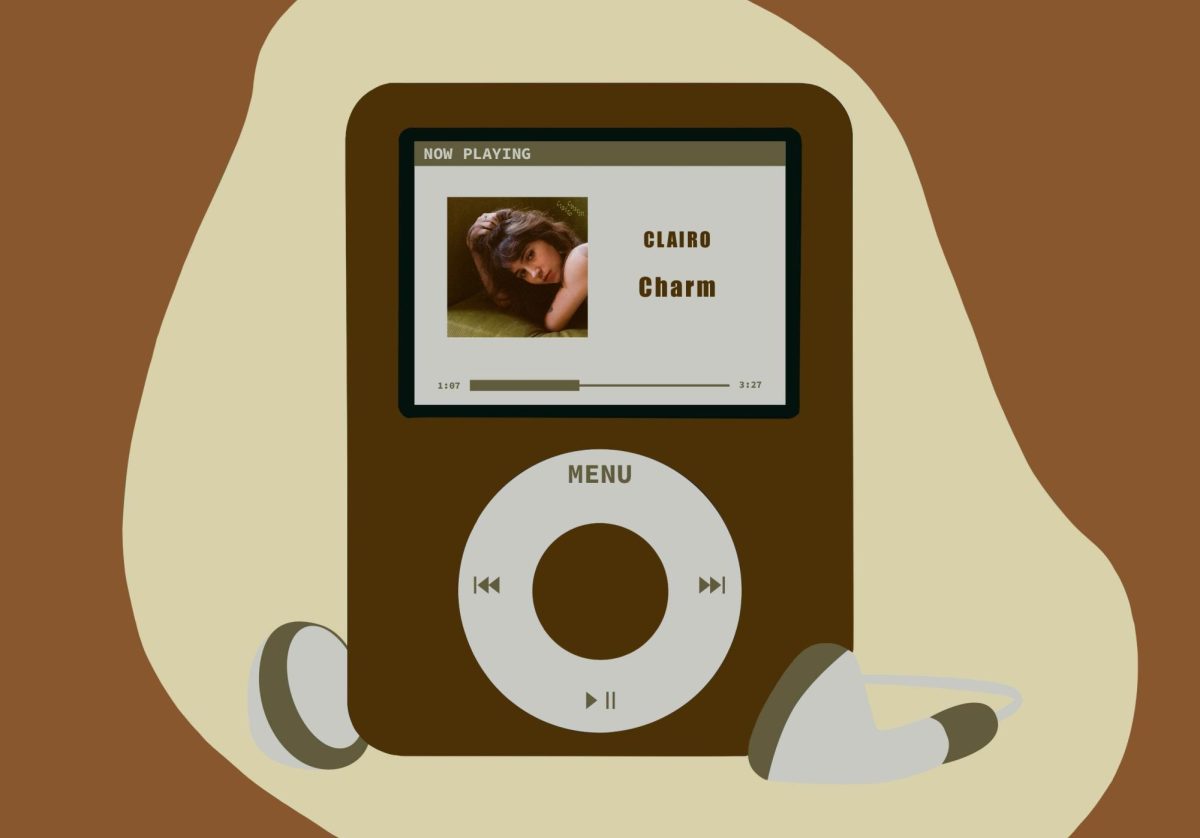Imagine the world without us. Imagine we disappear into nothingness. Our cities, our farms, our toxins, our garbage remains, but we are gone.
Author: Alan Weisman
Publisher: Thomas Dunne Books
Pages: 324
Price: $24.95
WHAT: Alan Weisman Reading
WHEN: 7p.m. Oct. 8.
WHERE: Coffman Bookstore
What happens? Would the world be better off? Have we terminally affected the world so that even without us, our legacy will proceed to kill the planet?
These are exactly the questions Alan Weisman attempted to answer in his book, “The World Without Us.”
What results is a highly scientific, realistic, yet wholly understandable book that both informs and engages the reader.
Weisman starts the book with the least logical aspect: humans. He leads us into his experimental thought through something that is close and available to our understanding – our homes. Weisman details what will happen to our homes as water and time do their best to tear down what we spent years inhabiting. Some of the only things to survive might be our bathroom tiles, chemically similar to ceramics, which don’t decay, but only get chipped or physically broken down.
Weisman has spent much of his life looking into the environmental impacts of humans. He incorporated his vast knowledge from his years of reporting on the environment with updated research, including hundreds of articles, books and interviews to write this book.
The scope is enormous. From the basics of the decomposition of a home, to the evolution of the modern humans, the chemistry of plastic, or radio waves in space, this book touches everything.
It’s a cliché to say, to move into the future, we must know our past, but Weisman truly worked to provide a plausible future by gaining a thorough understanding of how we got here and what lessons the past can teach us.
By examining the remnants of past civilizations like the Mayans or the Egyptians, he could better predict what will happen to our civilization. By looking at how humans evolved, he examines the possibility that such an evolutionary miracle could happen again.
He also examines the idea most of us think about – when we’re gone, will we be forgotten?
Immortality is an underlying theme in the book, though Weisman only briefly touches on our human religious concepts of heaven or reincarnation. Instead, he looks at the physical world. What will exist of us when we’re gone – of our art, our ideas, our sewers? Sometimes he involved imaginary intelligent life forms from some other galaxy, examining our planet millennia into the future, attempting to make out just what the heck we thought we were doing when we discovered nuclear fission and how to make plastic.
“I didn’t want to write a book to be read only by people that are environmentally aware,” Weisman said. His struggle was to take the scare out of most environmental stories. He said, by taking the humans out of the equation, it left readers to concentrate on the planet, rather than their own demise.
The book is obviously a cautionary tale of just where our technology, our synthetic chemicals and our gene splicing might lead us. Yet it is also a book of hope, a book of the resiliency of nature and of the ability of the environment to adapt.
The world has been profoundly changed by the existence of humans. Weisman is not trying to convince us to drink Kool-Aid and leave the world be, nor is he saying he wished we never existed.
“We have as much right to be on this planet as any other species,” he said. “Is there a way that we can be here without trampling everything else?”
The book ends up being an experiment in thought, a clever way to get us to consider our own environmental impact, and perhaps motivating us to change simply by showing us reality.
















